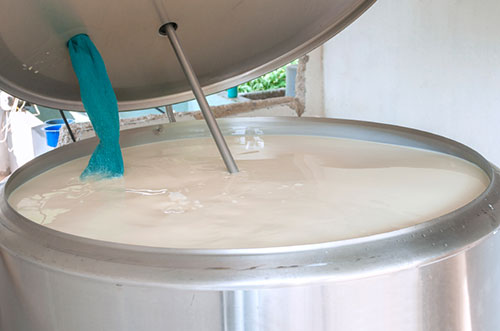
"There continues to be considerable public debate on the possible benefits regarding the growing popularity of the consumption of raw milk," wrote John Lucey in the Journal Nutrition and Food Science. "However, there are significant concerns by regulatory or public health organizations, like the Food and Drug Administration and the Centers for Disease Control and Prevention, because of the risk of contracting milkborne illnesses if the raw milk is contaminated with human pathogens," wrote the University of Wisconsin-Madison food science professor.
To dig deeper into the raw milk issue, Lucey reviewed 50 scientific articles related to raw milk and published his findings in the five-page article, "Raw Milk Consumption."
"Claims related to improved nutrition, prevention of lactose intolerance, or provision of ‘good' bacteria from the consumption of raw milk have no scientific basis and are myths," concluded the publisher of over 100 peer-reviewed papers.
In conducting this analysis, Lucey evaluated potentially positive raw milk claims regarding: nutrition, allergies, lactose intolerance, enzymes, and potentially beneficial microflora and bacteria.
Lucey does admit that there "are some epidemiological data that indicate that children growing up in a farm environment are associated with a decreased risk of allergy and asthma; a variety of environmental factors may be involved and there is no direct evidence that raw milk consumption is involved in any ‘protective' effect."
"In conclusion, raw milk is not inherently safe and carries a significant food poisoning risk with its consumption. Pasteurized milk has an excellent food safety record and remains an important dietary source for many important nutrients, especially for children and young adults," concluded Lucey, who also serves as director of the Center for Dairy Research.








